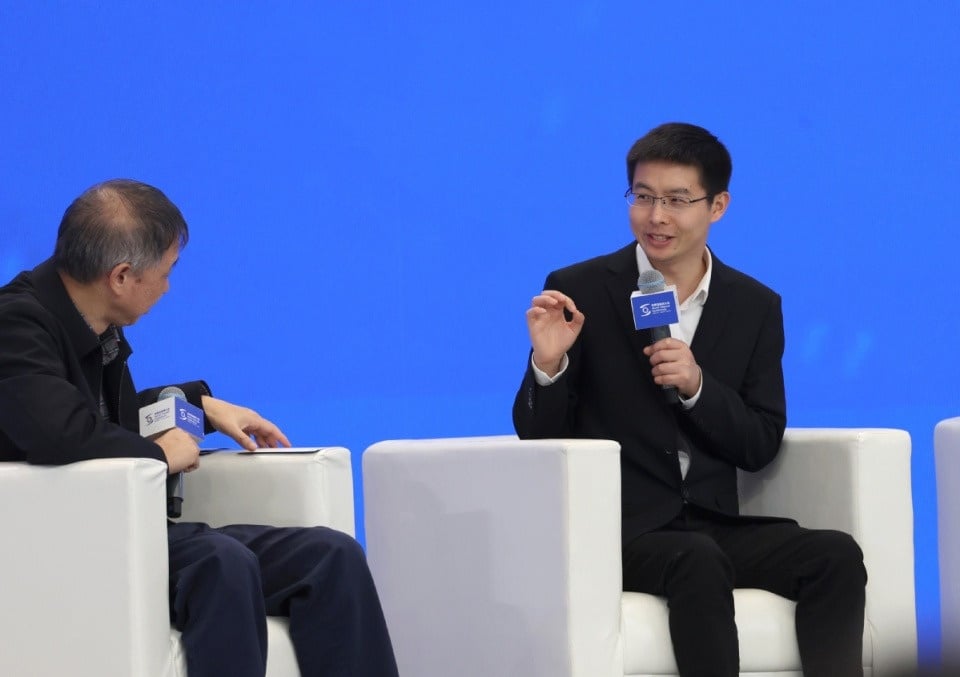 |
Wang Xingxing (born 1990), one of the "Six Little Dragons of Hangzhou", a group of emerging technology leaders in China. Photo: China Daily . |
Under the drizzle of Jiangnan, the World Internet Summit 2025 is taking place in a different context. Instead of Internet giants, the focus this year is on a group of emerging technology entrepreneurs, also known by experts as the “Six Little Dragons of Hangzhou”.
These are the people who are continuing the story of China's science and technology transformation through robots, computer interfaces, space, games, and open-source AI.
The new "dragons" emerging
The dialogue session titled “Wuzhen Six Dragons Dialogue” on November 8 was moderated by Wang Jian, academician of the Chinese Academy of Engineering and director of Zhejiang Laboratory. He was joined by Wang Xingxing, founder of Unitree Robotics; Han Bicheng, founder and CEO of BrainPower Technology; Huang Xiaohuang, co-founder and chairman of GroupCore Technology; Zhu Qiuguo, founder and CEO of CloudDeep Technology; Feng Ji, founder of Game Science, producer of Black Myth: Wukong; and Chen Deli, senior researcher of DeepSeek.
They share their entrepreneurial journeys, technological breakthroughs, and industry perspectives over the past decade.
As the domestic media calls the “Six Little Dragons of Hangzhou,” they are young entrepreneurs who are pushing into new technological frontiers. Based on their real-world experience, they are trying to move China from a “follower” to a leader in a number of cutting-edge fields.
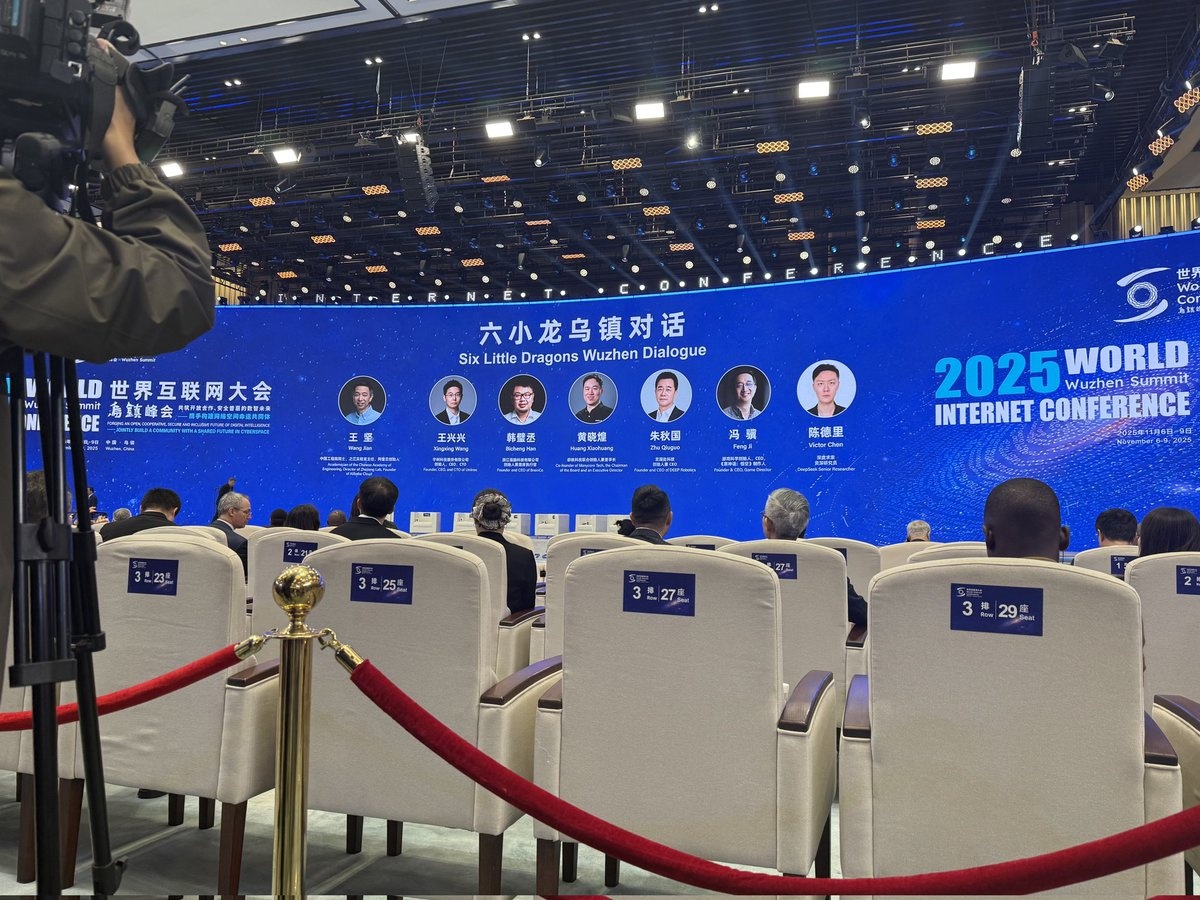 |
China is leading in AI and robotics technology. Photo: Xinhua . |
Han Bicheng, CEO of BrainPower Technology, said that when he started working on brain-computer interfaces, very few people understood the concept, and even the team was skeptical about the possibility of commercialization. Thanks to supportive policies and technological advances, in just 10 years, this technology has gradually stepped out of the laboratory and entered applications such as assisting people with prosthetic limbs.
However, he admitted that the scientific challenge is still huge when the human brain has about 86-100 billion nerve cells, the signals that convert thoughts into complex actions, just controlling a prosthetic leg requires hundreds of millions of calculations per year.
Huang Xiaohuang, President of GroupCore Technology, recounts his journey from a low-profile Nvidia employee in Silicon Valley to founding a company in China. He built his own GPU cluster, developed CUDA rendering technology, and returned home to start his own business.
“10 years ago, GPUs were considered secondary hardware. Now they are the center of the AI era,” he said. The GroupCore Technology chairman believes that the massive data from China’s internet is the “fuel” for AI, helping domestic companies catch up with global trends.
The Age of AI
Feng Ji, founder of Game Science, stressed that China's content industry has matured. He compared the number of cinemas in China to the US in 2006. By 2016, box office revenue was on par.
“When domestic products meet international standards, Chinese consumers are willing to pay a high price. But if the quality is poor, they will turn their backs very quickly,” Feng said.
DeepSeek's Chen Deli believes AI is entering a new phase. His company is pursuing artificial general intelligence (AGI) and has chosen the open source path for development.
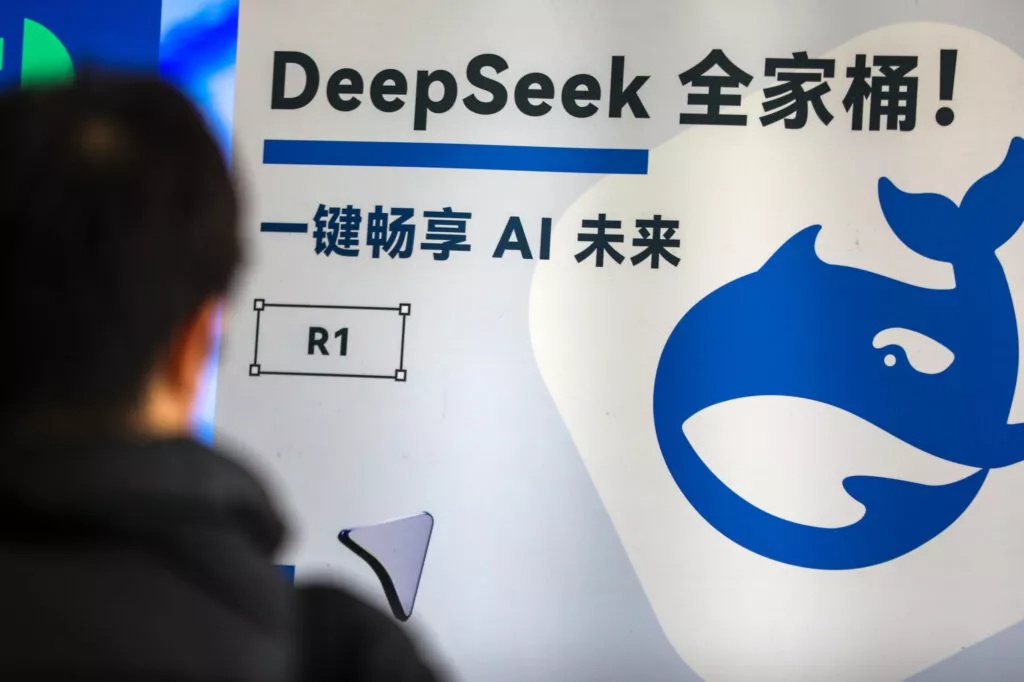 |
DeepSeek is one of China's emerging tech giants. Photo: East Asia Forum . |
“AI is very good at solving complex problems but is prone to making mistakes in simple tasks. The key is to make AI learn throughout its life and interact more with the real world,” Chen said.
In the field of robotics, Wang Xingxing said China's success comes from a strong manufacturing base and global cooperation. Unitree's four-legged, humanoid robots are being used in schools, labs and startups around the world.
Discussing the future of AI, Chen Deli divided the impact of this technology into 3 stages. In the next 3-5 years, AI and humans will be in the “honeymoon period” and will complement each other a lot. In 5-10 years, some jobs will be replaced, forcing businesses to come up with plans early.
In 10-20 years, when AI can take over most jobs, society will need to reshape the new order. “Unlike the industrial revolution, AI is the subject of intelligence, not just a tool. Its influence is much more profound,” said Mr. Wang Xingxing.
Source: https://znews.vn/trum-cong-nghe-moi-noi-cua-trung-quoc-hoi-tu-post1601639.html






![[Photo] Prime Minister Pham Minh Chinh attends the annual Vietnam Business Forum](https://vphoto.vietnam.vn/thumb/1200x675/vietnam/resource/IMAGE/2025/11/10/1762780307172_dsc-1710-jpg.webp)

































































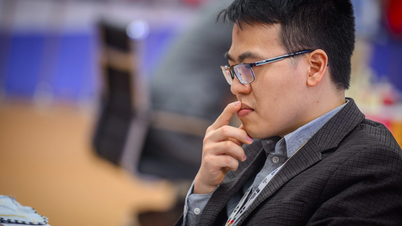






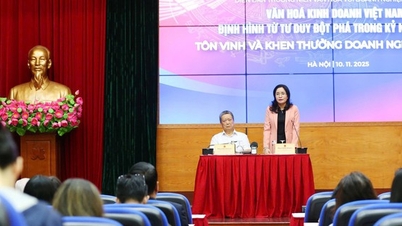












![Dong Nai OCOP transformation: [Article 4] Reaching national standard products](https://vphoto.vietnam.vn/thumb/402x226/vietnam/resource/IMAGE/2025/11/11/1762825820379_4702-cac-san-pham-trai-cay-chung-nhan-ocop-nongnghiep-174649.jpeg)



![Dong Nai OCOP transition: [Article 3] Linking tourism with OCOP product consumption](https://vphoto.vietnam.vn/thumb/402x226/vietnam/resource/IMAGE/2025/11/10/1762739199309_1324-2740-7_n-162543_981.jpeg)









Comment (0)